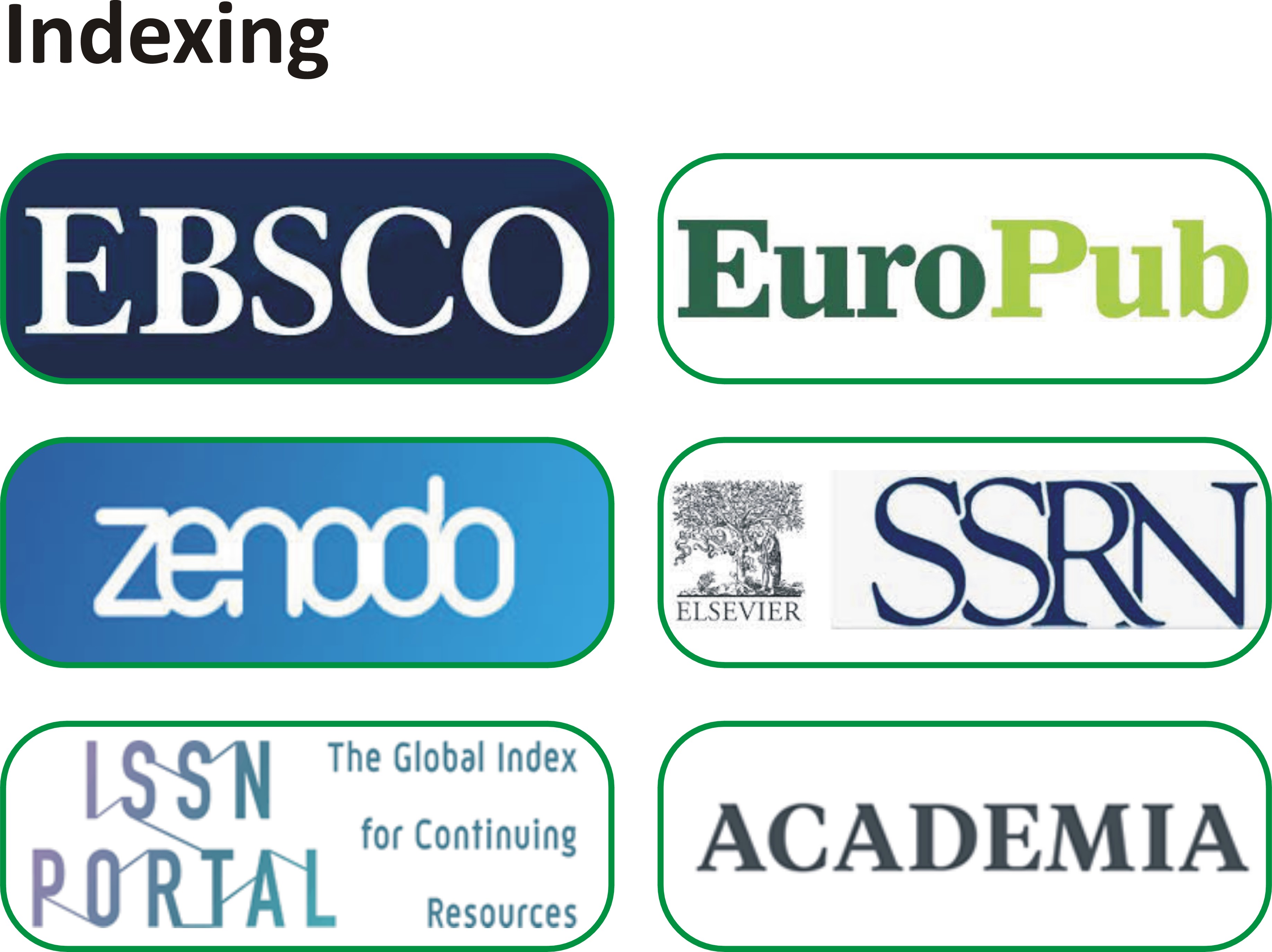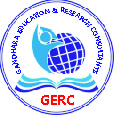Education for Sustainable Development (ESD): Pedagogical Approaches that Make a Difference
Abstract
A developing trend and problem in the global community at large, and in the field of education specifically, is education for sustainable development. The three components of ESD are environmental, social, and economic. A tool for achieving the Sustainable Development Goals (SDGs) is education for sustainable development, or ESD. It has the power to bring about the social change required for the nation to become sustainable. Promoting and putting into practice sustainable development principles can be done in large part through education. Furthermore, education can help people become more resilient to development and environmental challenges and pave the way for a sustainable future. ESD is a multidisciplinary idea that examines development from the perspectives of the social, economic, and environmental spheres. Therefore, it is crucial that educators employ powerful pedagogical strategies that will aid in advancing the idea of sustainability in education. In order to investigate the most efficient tactics and approaches for teaching ESD in an educational setting, this study examined a variety of earlier publications. The analysis of several studies from journals, research papers, and textbooks has led to the conclusion that a paradigm change— from transmissive to transformative learning—is required. This type of learning requires transformative pedagogies. It is only via such educational techniques that the development of the essential competences required to advance sustainable development can be achieved. Additionally, it is shown that some of the most successful pedagogical strategies for fostering and maintaining ESD in the field of education include lifelong learning, social learning, problem-based learning, active and experiential learning, critical pedagogy, dialogue education, transformative or transformational learning, and constructivist approaches. To sum up, in order to accomplish the goal of ESD, instructors must be equipped with the appropriate pedagogies.
Copyright Notice Submission of an article implies that the work described has not been published previously (except in the form of an abstract or as part of a published lecture or academic thesis), that it is not under consideration for publication elsewhere, that its publication is approved by all authors and tacitly or explicitly by the responsible authorities where the work was carried out, and that, if accepted, will not be published elsewhere in the same form, in English or in any other language, without the written consent of the Publisher. The Editors reserve the right to edit or otherwise alter all contributions, but authors will receive proofs for approval before publication. Copyrights for articles published in IJSSA journal are retained by the authors, with first publication rights granted to the journal. The journal/publisher is not responsible for subsequent uses of the work. It is the author’s responsibility to bring an infringement action if so desired by the author.



